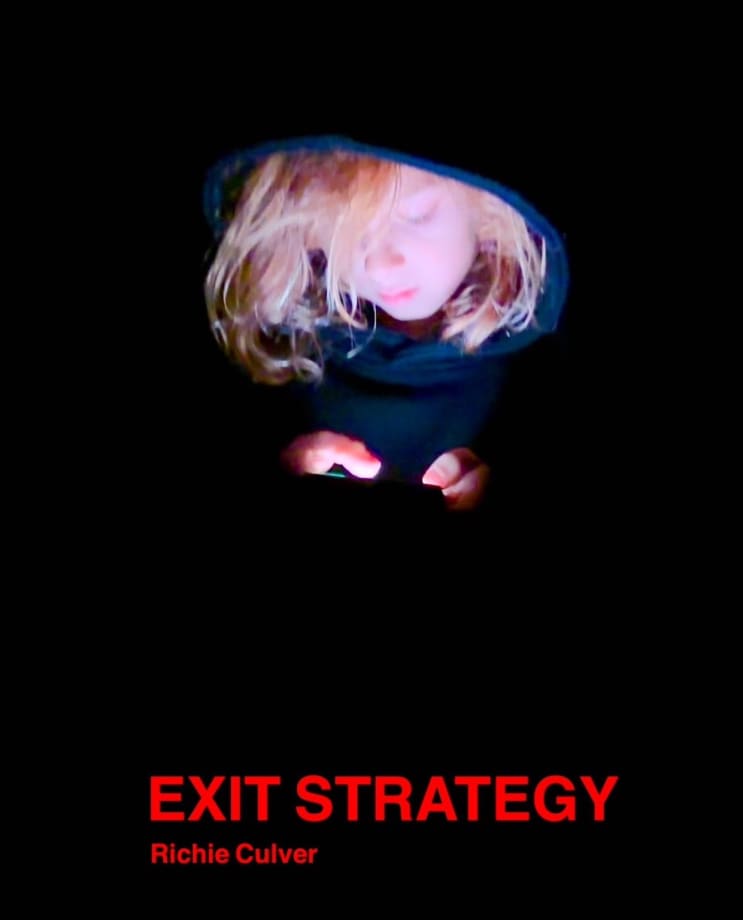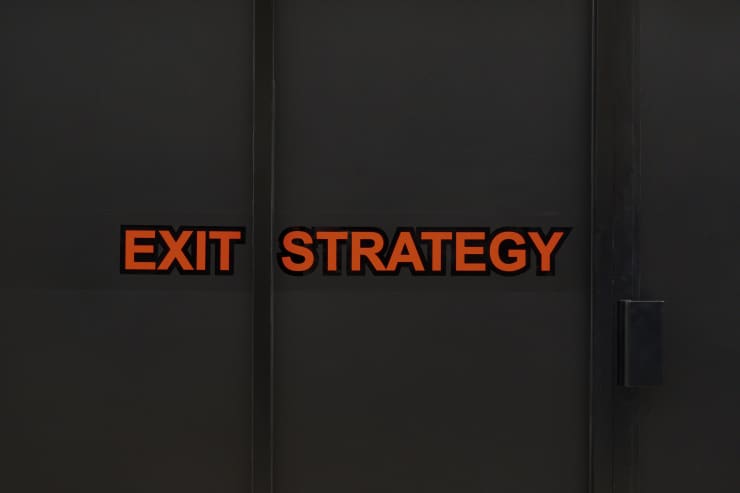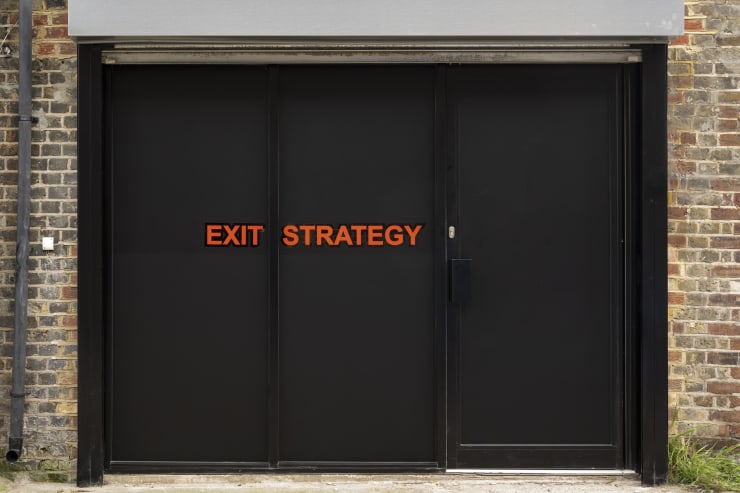Richie Culver | Exit Strategy: At Carlos/Ishikawa - London
Galerie Kandlhofer was invited by CARLOS/ISHIKAWA to be part of CONDO LONDON 2024 to show a solo presentation of British artist Richie Culver.
CONDO takes its name from ‘condominium’ and is a large-scale collaborative exhibition of international galleries. Host galleries share their spaces with visiting galleries either by co-curating an exhibition together, or dividing their galleries and allocating spaces. The initiative encourages the evaluation of existing models, pooling resources and acting communally to propose an environment that is more conducive for experimental gallery exhibitions to take place internationally. Condo is not-for-profit and participating galleries only share the costs of the opening party, design and printing, while host galleries contribute in kind by sharing their spaces.
They were called the children of nowhere, and belonged to a world where the imperatives of ever-increasing speeds had ended up abolishing places and geographies. Travel was at their expense: from cities saturated with wisps of smoke and the smell of acres of hydrocarbons, to muddy lacustrine territories devoid of human presence. Their phones were their only compass. In these stateless lands, gleams like fireflies from antic times lit up their faces like cursed icons. It was as if they were endlessly consuming information, simulacra of inaccessible worlds. We didn't know whether they were really present or the distant, holographic presence of a recent past. In landscapes of elegiac or agonized nature, they were lost like sickly silhouettes on islands.
They were called the children of nowhere, and belonged to a world where the imperatives of ever-increasing speeds had ended up abolishing places and geographies. Travel was at their expense: from cities saturated with wisps of smoke and the smell of acres of hydrocarbons, to muddy lacustrine territories devoid of human presence. Their phones were their only compass. In these stateless lands, gleams like fireflies from antic times lit up their faces like cursed icons. It was as if they were endlessly consuming information, simulacra of inaccessible worlds. We didn't know whether they were really present or the distant, holographic presence of a recent past. In landscapes of elegiac or agonized nature, they were lost like sickly silhouettes on islands.
The progenies of Dark England were plunged into autophagic internships where they had to consume the lives of others. It was a way of domesticating them, taming them through the power of hyperimages and hypersounds, the standardized, hysterical language of the contemporary. Future subaltern and schizophrenic heroes, they would soon become the slaves of sprawling, omnipresent computer devices. The era in which they lived was subject to constant dopamine stimulation and reward games. Gaming, shopping, facebooking, instagramming, twitching, reediting, telegramming, snapchatting, their phones delivered kicks of continuous excitement. It was as if their smartphones became a hypodermic needle delivering their doses, their hormones of immediate pleasure 24 hours a day. They were hooked up to a steel cage.
We called them stillbirths, objects of information gathering that would later allow us to assess their value. All their clicks, times of contemplation or sudden changes in behavior would enable the elaboration of graphical and statistical maps. They were the unconscious actors in a bureaucratic system based on control; the guinea pigs in a systematic application of logic, rationality and planning. They would also soon, and without warning, become the soldiers of a soft tyranny whose guarantors would be social networks.
To the sound of Scream if you don't exist, they seemed to belong to a world that had abandoned its grand narratives, and where war didn't exist. For them, the only possible interaction was via a homeostatic machine always demanding money or, failing that, their data-blood. In this cannibalistic, self-destructive universe of gas masks and ruined social contracts, they were nothing more than polling agents. In the icy darkness of the supermorgue, they tried to extricate themselves from the limbo of cities on the brink of collapse by sending anonymous messages. It was in these tattered landscapes, real or simulated, black-boxes or clique farms, that their possible resurrections were played out. If they'd never been modern, they might still be alive.
-
 Installation View: Richie Culver, Exit Strategy, Carlos/Ishikawa, London, 2024 (photo credits to Damian Griffiths)
Installation View: Richie Culver, Exit Strategy, Carlos/Ishikawa, London, 2024 (photo credits to Damian Griffiths) -
 Installation View: Richie Culver, Exit Strategy, Carlos/Ishikawa, London, 2024 (photo credits to Damian Griffiths)
Installation View: Richie Culver, Exit Strategy, Carlos/Ishikawa, London, 2024 (photo credits to Damian Griffiths) -
 Installation View: Richie Culver, Exit Strategy, Carlos/Ishikawa, London, 2024 (photo credits to Damian Griffiths)
Installation View: Richie Culver, Exit Strategy, Carlos/Ishikawa, London, 2024 (photo credits to Damian Griffiths)
Brought to you by RICHIE CULVER




